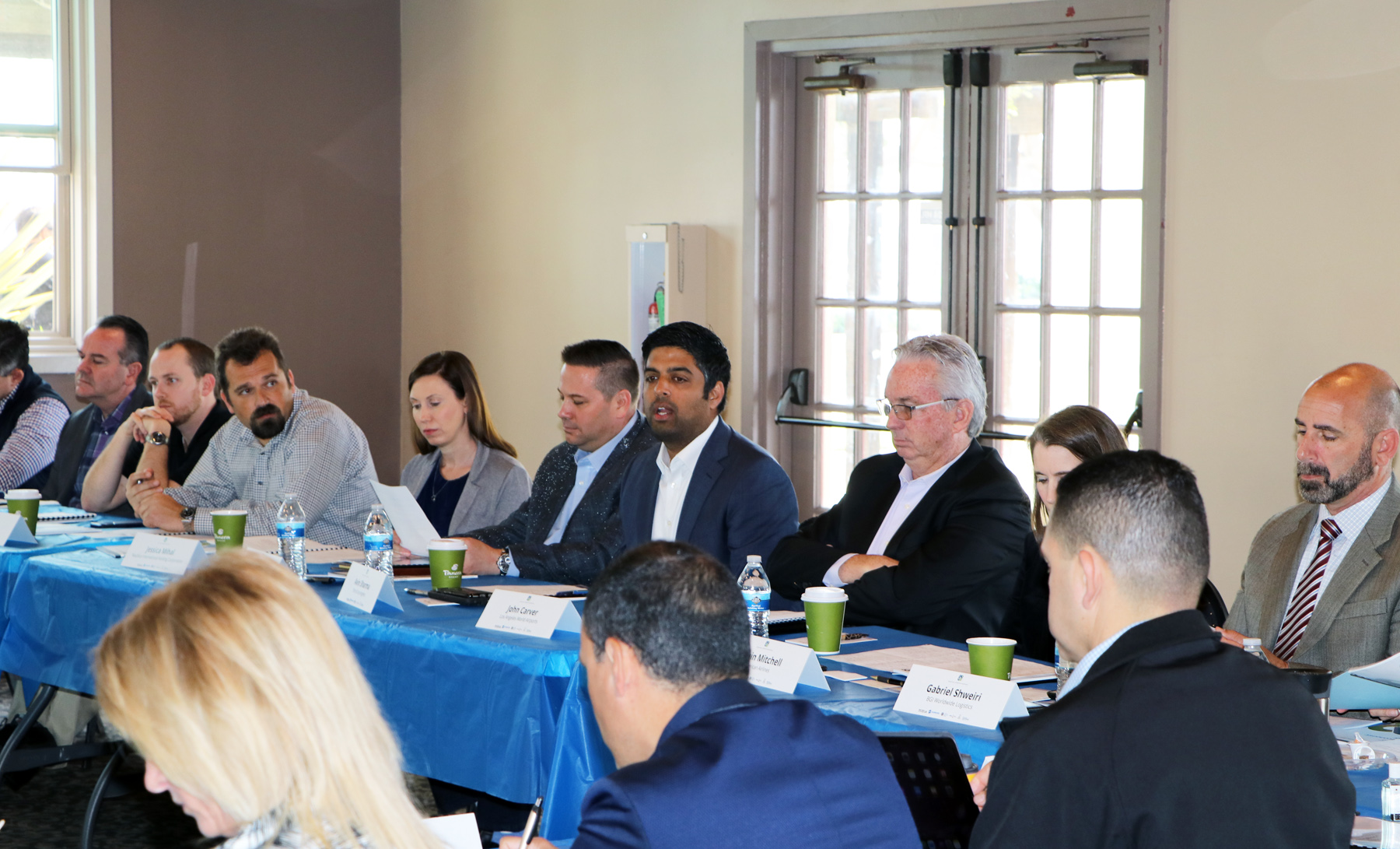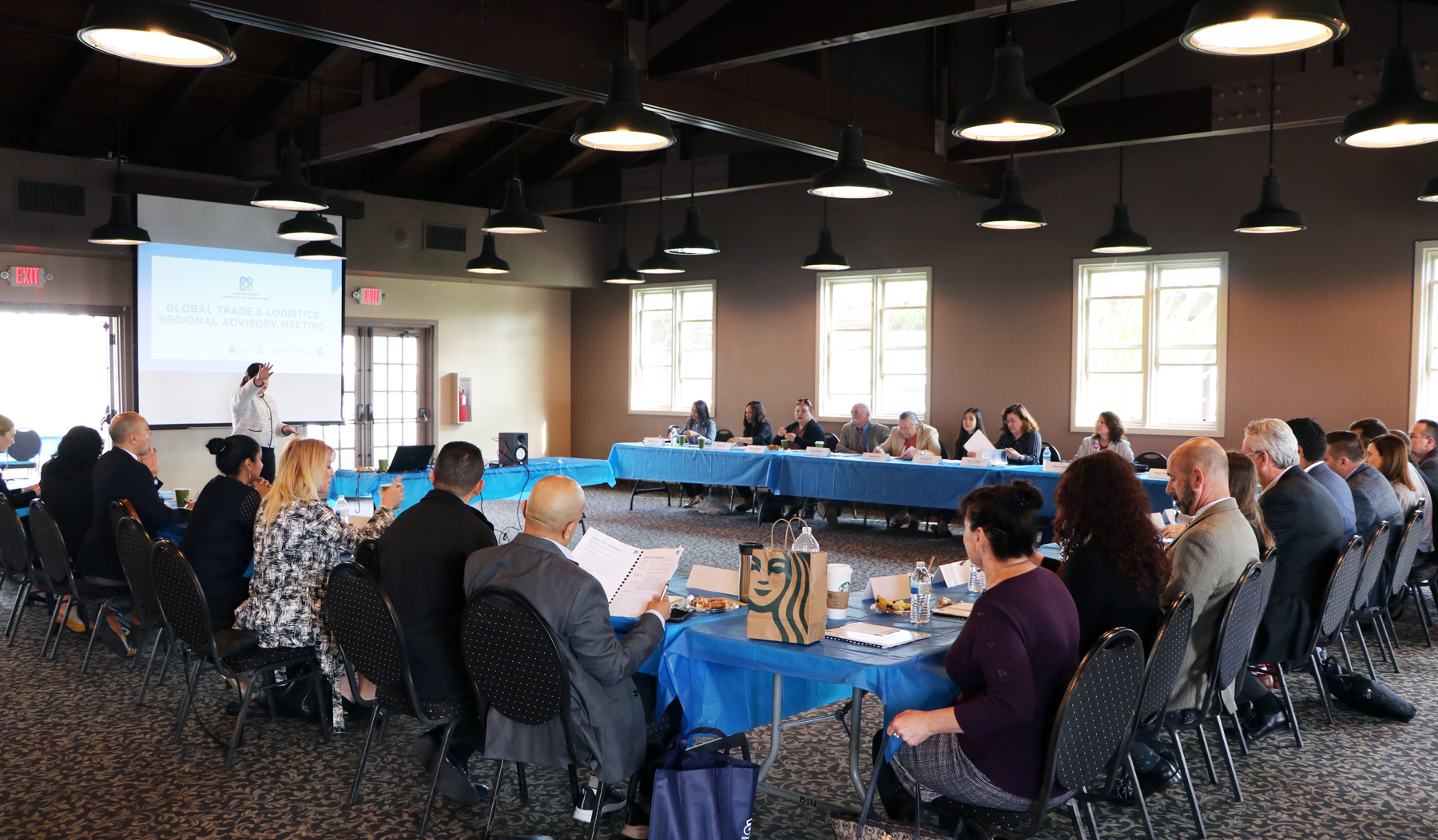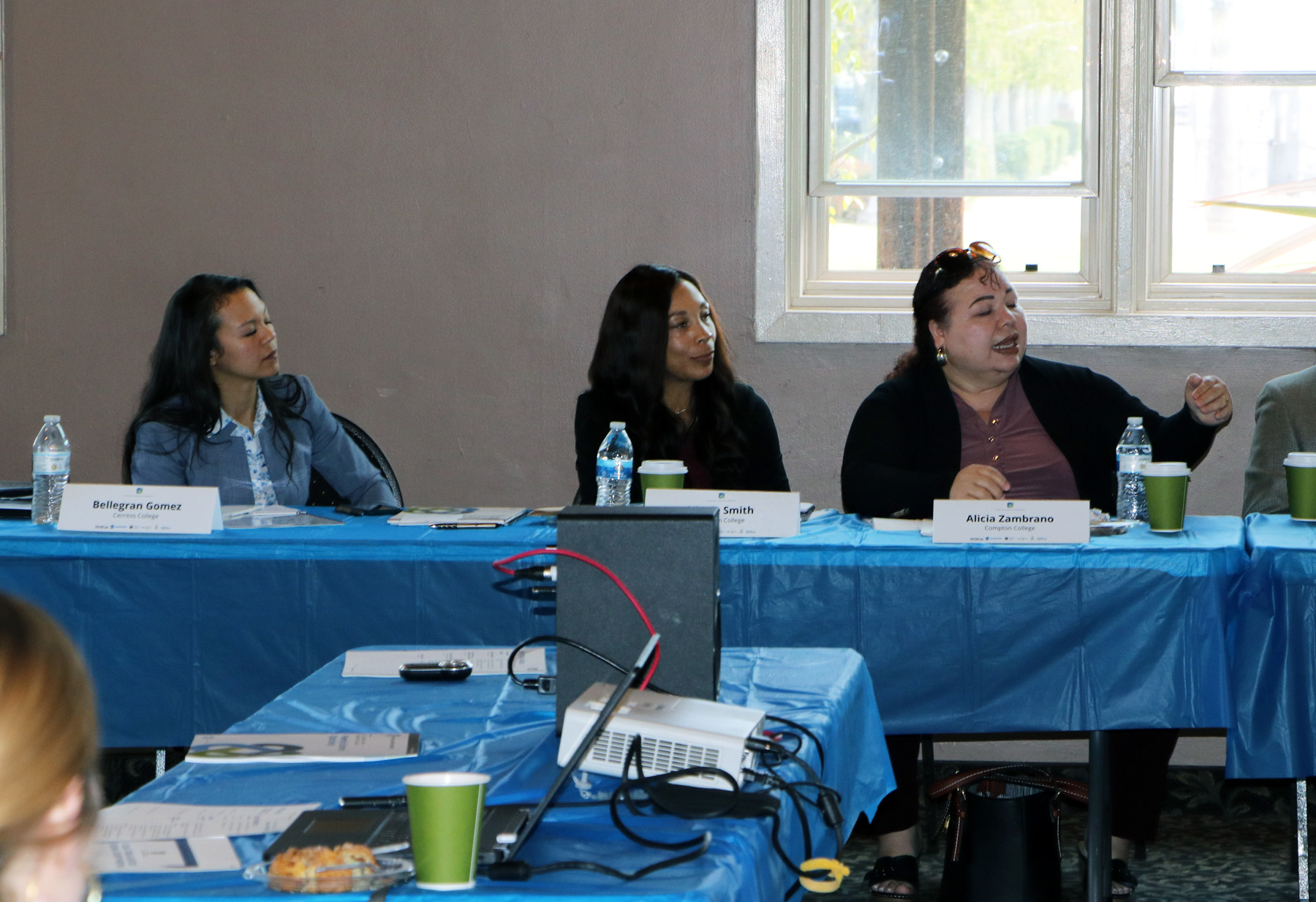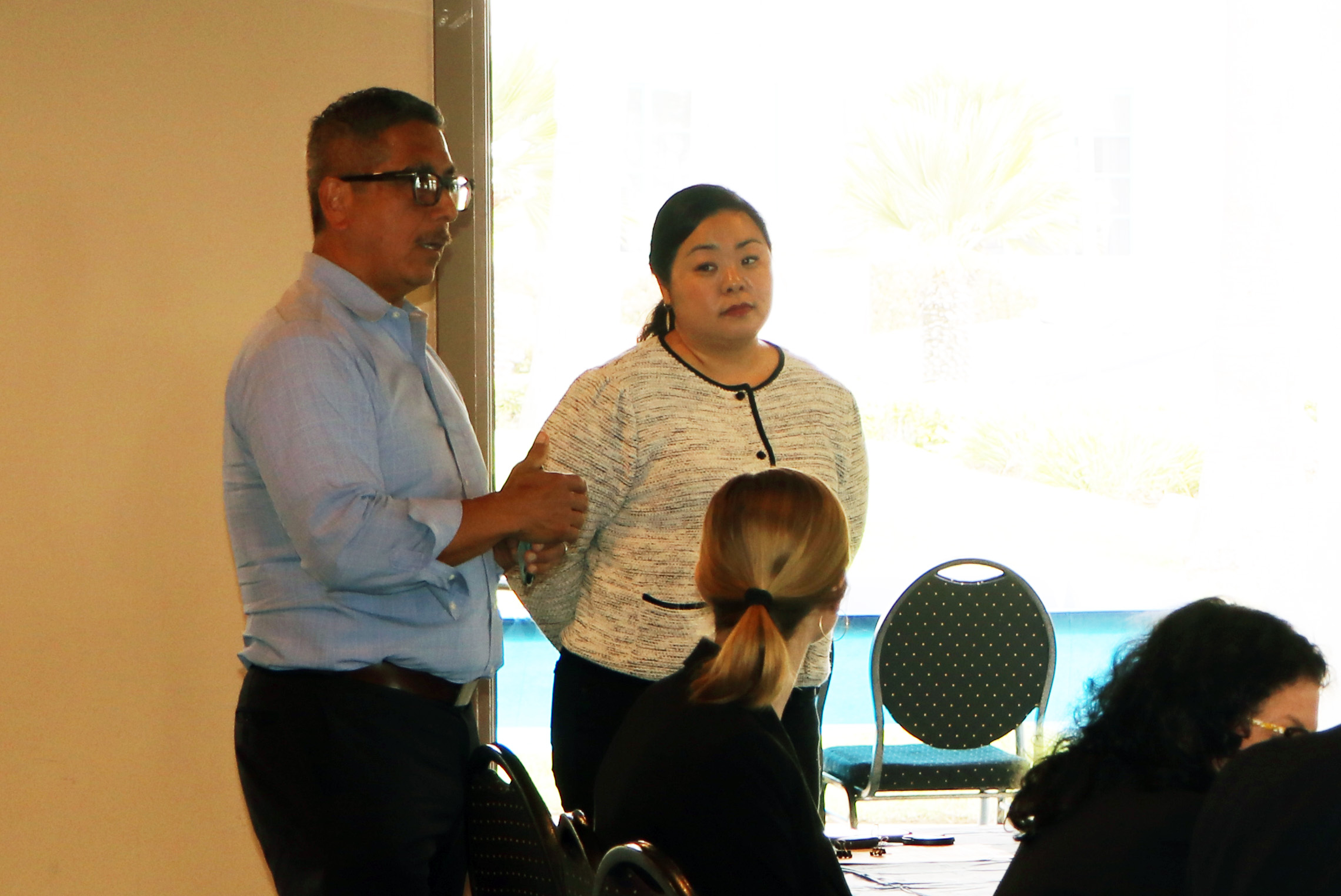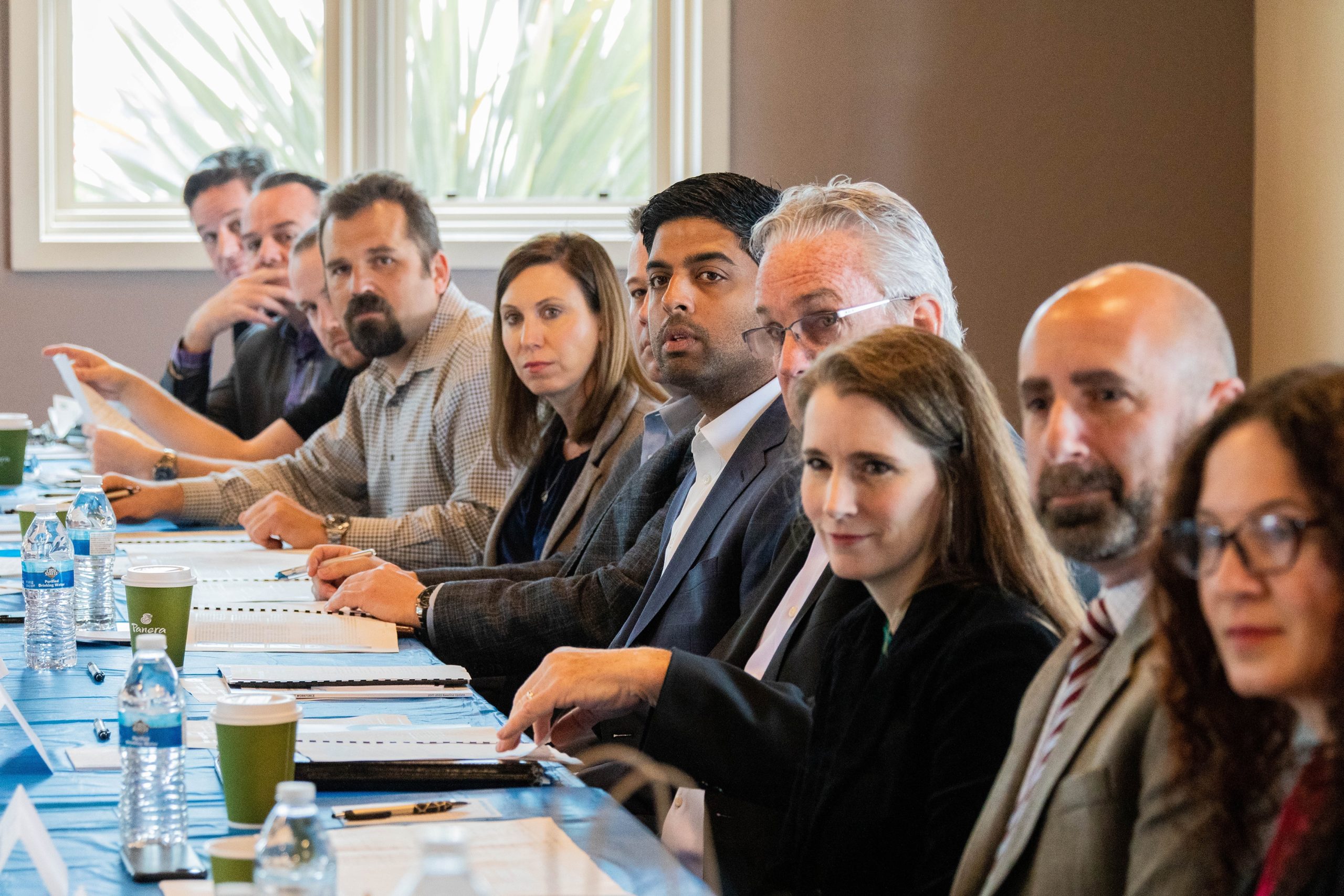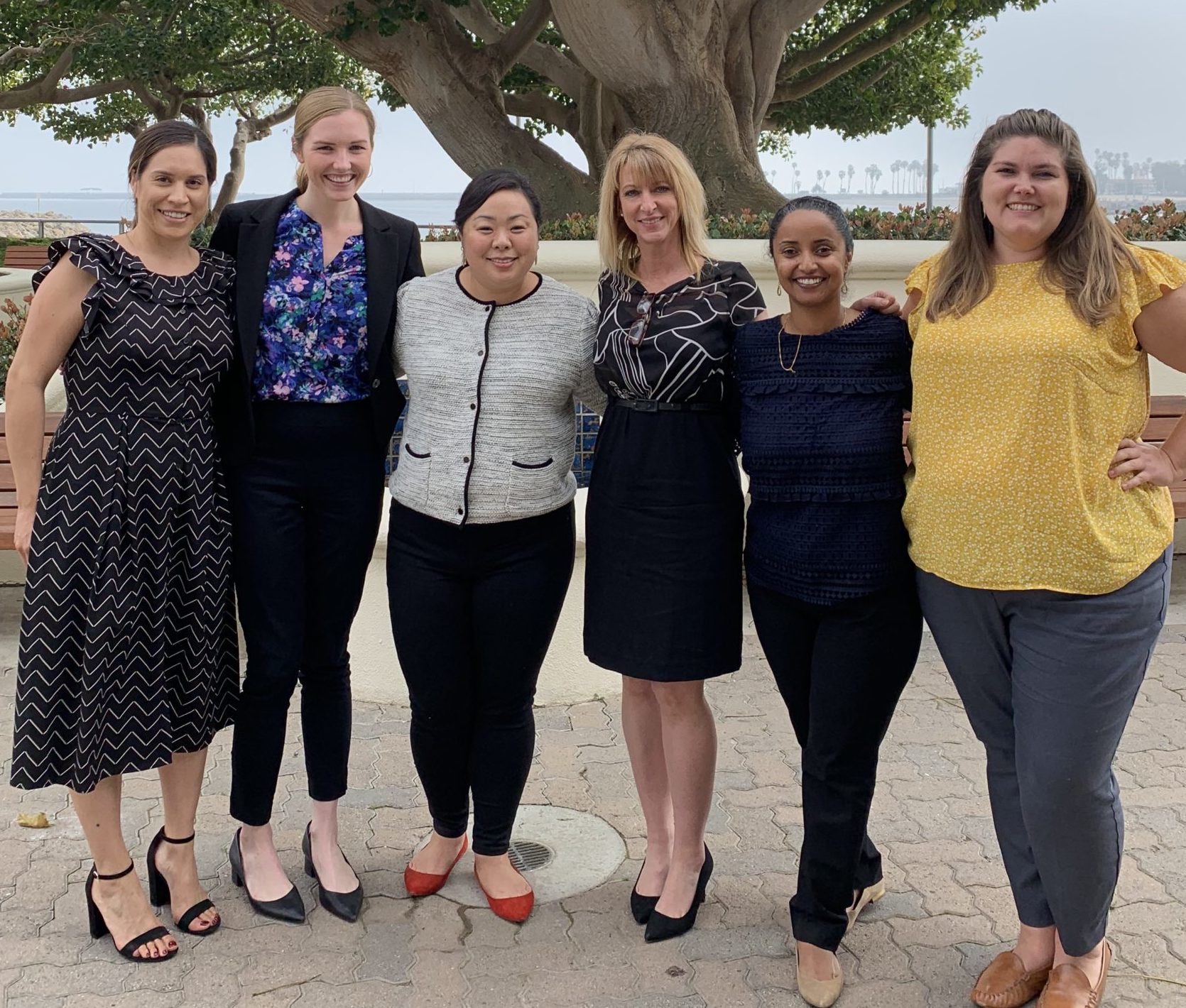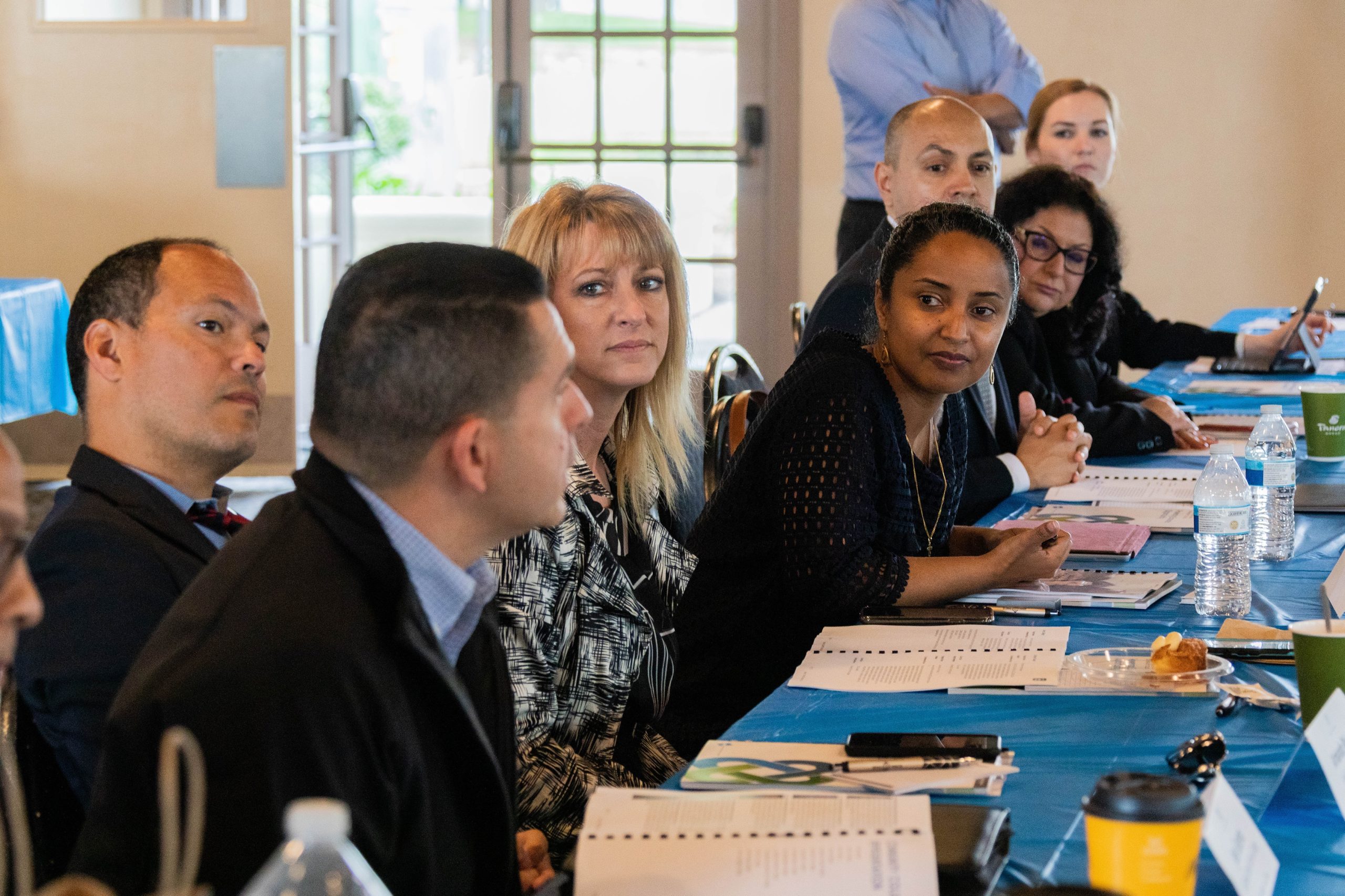To download the CCW Global Trade and Logistics Community College Program Look Book, click here
CCW hosted a Regional Industry Advisory meeting on the future of global trade and logistics talent, on Friday, February 21, 2020, as a collaboration between the Center for a Competitive Workforce (CCW), in partnership with the Los Angeles Regional Directors of Employer Engagement and the Los Angeles Economic Development Corporation (LAEDC). This Global Trade and Logistics Regional Advisory Roundtable was one of seven scheduled in the first half of this year. These meetings have an intimate roundtable feel and serve to guide community colleges in their curriculum development and strengthen their position as the leading source of future talent.
In a rapidly changing economy, the Los Angeles Community Colleges are dedicated to both understanding and responding to industry trends, and thus better equipping students to succeed in an evolving labor market. “The only way to have a competitive workforce is to bring education and employers to the same table and form a coalition of the willing to learn together,” Jessica Ku Kim, Sr. Director of Workforce Development at LAEDC, opens the conversation.
In addition to the CCW team and Regional Directors, fourteen Los Angeles Community Colleges participated in this discussion with industry representatives from Los Angeles World Airports (LAWA), Nautilus International Holding Corporation, the Port of Los Angeles, American Airlines, Northrop Grumman Corporation (NGC) and BGI Worldwide Logistics.
Even with a diverse group of businesses and stakeholders present, key common themes emerged quickly: goals toward zero carbon emissions, challenges meeting increased customer expectations, specific workforce gaps, growing scopes of work for companies in logistics, and a decrease in much-needed employee soft skills. There is a clear dichotomy of moving toward sustainability while also competing to meet customer satisfaction with regard to efficiency and speed. As such, workforce needs are evolving.
While there are agreed upon shortages in specific labor groups such as drivers, aircraft dispatchers, mechanics, pilots, and cyber security experts, there are skills gaps across industry positions. Employers expressed overarching needs for talent with the ability to handle relationships well, comfortability with changing systems and innovation, collaboration skills, and an adaptability while working across generations.
An additional challenge discussed by representatives from multiple companies was the demand gap for individuals with 10-20 years of industry experience, as they anticipate key high-level leadership retirements in the near future. While the labor force may see many entering the field, the shortage in middle career professionals is significant—an opportunity that could be taken advantage of by younger workers.
Employers have also found workforce gaps caused by the speed of technology development. Robin Mitchell, College Talent Acquisition Strategy Manager at American Airlines explained that for example, an employee could have an understanding of data, but to be competitive, they also need the analytical skills to utilize that data in decision making. There is a growing need for data visualization and utilization in addition to excel spreadsheet manipulation. HR professionals in the room noted the need for applicants to highlight such competencies on their resumes beyond degree completion; hiring staff is looking for internships, specific classes taken, soft skills and work experience. When addressing curriculum with the city college faculty present, there was consensus around the need to teach students about interviewing techniques, communication skills and software literacy, as well as the importance of alumni networks.
Community college staff expressed ongoing challenges in logistics program recruitment and employers agreed that a lack of understanding exists around career opportunities in the field. John Carver, Deputy Executive Director of Special Projects at LAWA, brought attention to the importance of student exposure to the industry, noting the success of LAWA’s internship and student worker programs in raising awareness of lesser known jobs in the field. He’s found that in hiring, it’s beneficial to recruit the next generation by teaching but also by inspiring them. These programs serve as a direct hiring pipeline—a sentiment agreed upon by other employers including the Los Angeles Port and NGC.
Here in the LA Basin, the CCW industry engagement model has been operationalized across seven industries in which the region has marked employment concentrations and productive advantages, aligned with the efforts of the community college Regional Directors of Business Engagement. The mission of these roundtables is to focus on creating a seamless linkage between employers and community colleges, so programs adapt in real-time as occupations change.
Thank you to our industry and community college representatives for their insights, and a special thank you to the Port of Los Angeles for hosting the meeting. Data-driven, college-industry partnerships are key to ensuring Los Angeles’ local workforce is highly competitive across industries.
To view the recently released Careers in Global Trade and Logistics report, supported by the California Community Colleges, click here.
The Center for a Competitive Workforce is funded by the California Community Colleges Chancellor’s Office under the Strong Workforce Program (SWP) as a Los Angeles Regional Project.
Speakers / Employers at the event:
- John Carver, Deputy Executive Director of Special Projects, Los Angeles World Airports
- Jessica Mihal, Vice President of Human Resources, Nautilus International Holding Corporation
- Avin Sharma, Director of Labor Relations & Workforce Development, Port of Los Angeles
- Robin Mitchell, College Talent Acquisition Strategy Manager, American Airlines
- Cameron White, Principal Talent Acquisition Business Partner, Northrop Grumman Corporation
- Nolon Mavar, Subcontract Programs Manager, Northrop Grumman Corporation
- Patrick O’Connor, Subcontracts Director, Northrop Grumman Corporation
- Jeff Diller, Sr. Operations Manager of Terminal Operations, Nautilus International Holding Corp.
- Gabriel Shweiri, President and CEO, BGI Worldwide Logistics
For questions, please contact Isabel Duran, Isabel.duran@laedc.org
This post was written by Claire Anderson, LAEDC
